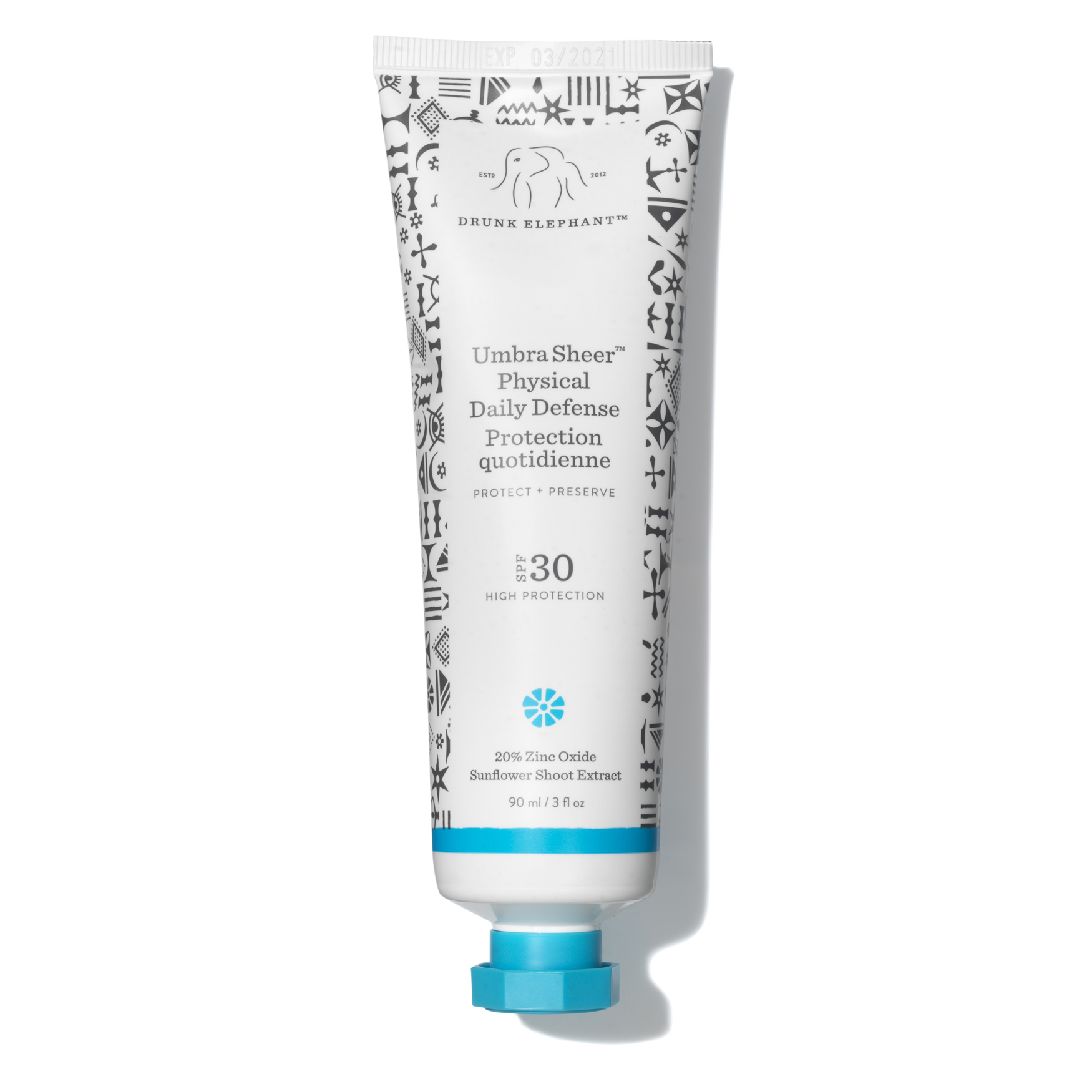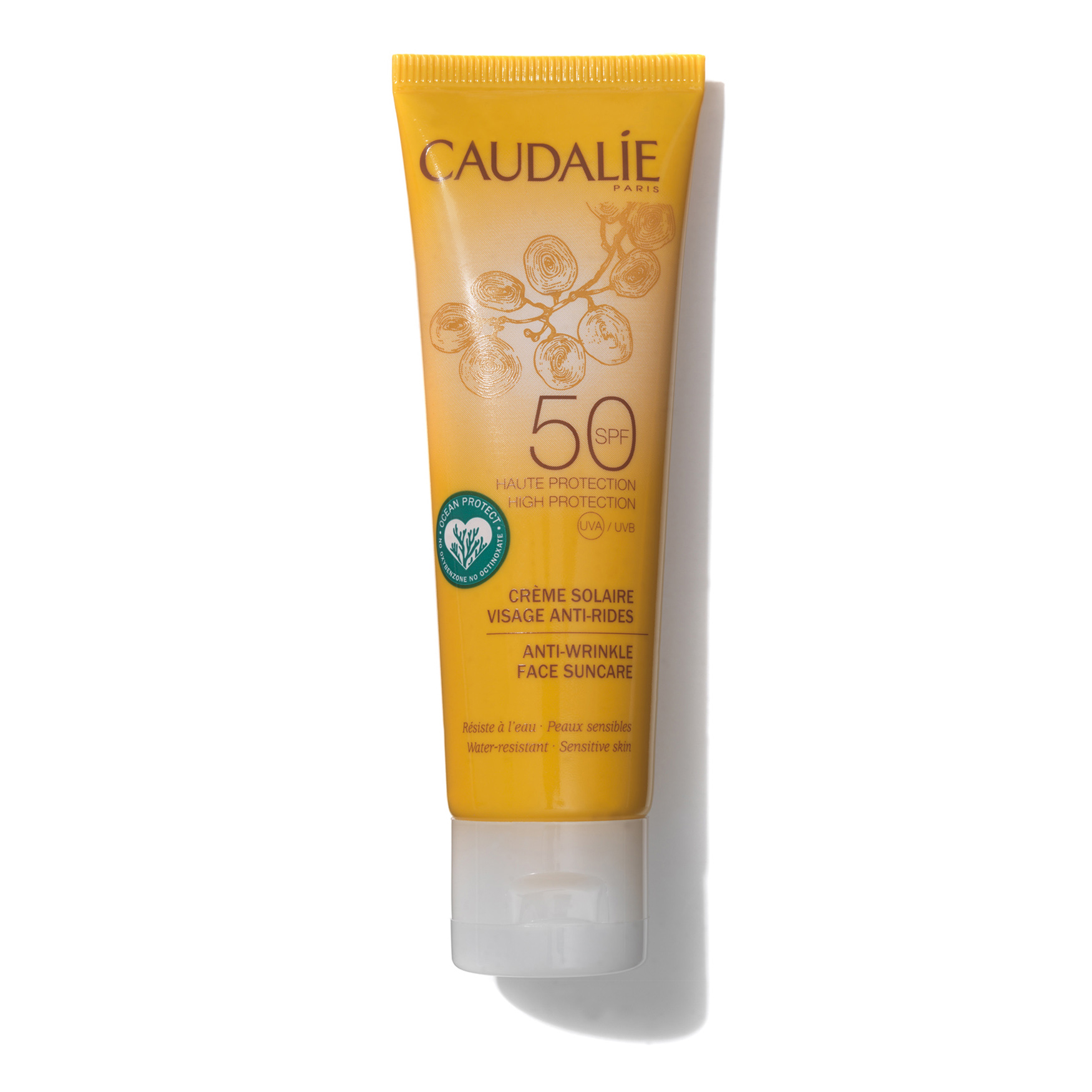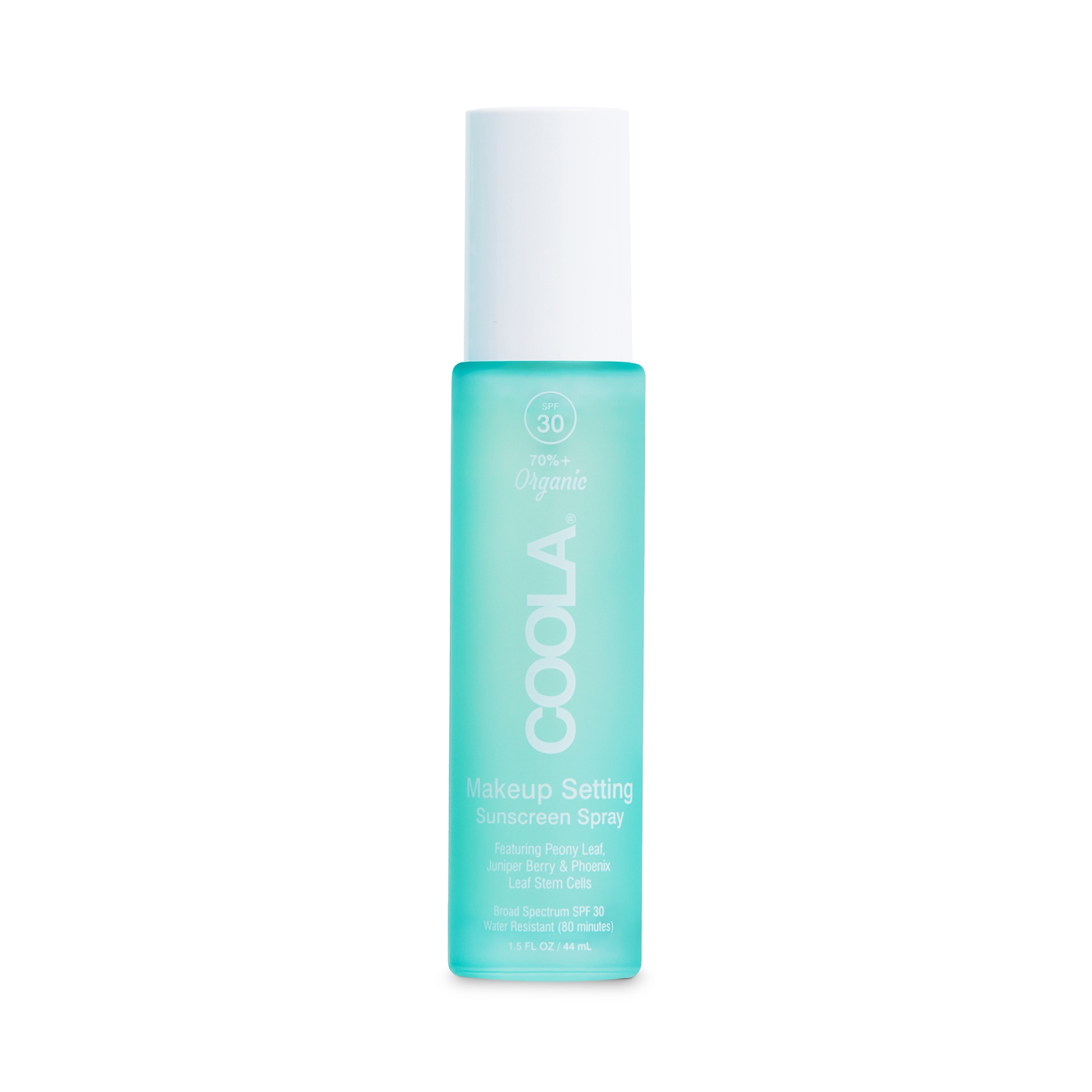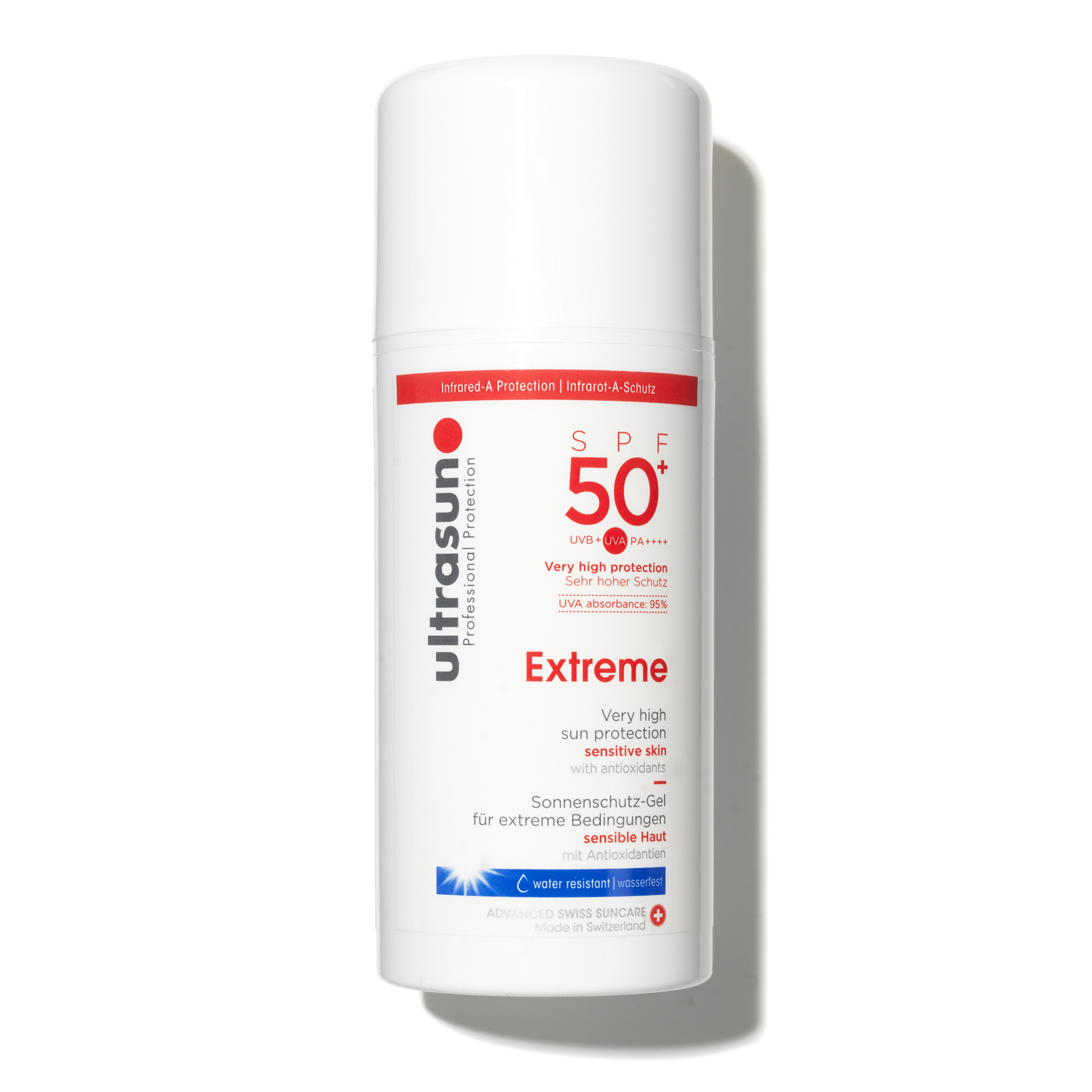Ask any medical professional, and they will let you know the importance of investing in solid sun protection; after all, It plays a vital role in protecting our largest and most visible organ. A daily SPF routine can significantly reduce the likelihood of developing skin cancers like basal cell carcinoma and melanoma and happens to be one of the most effective tools in slowing down the skin’s ageing process. It’s safe to say that sunscreen is an essential part of healthy human life, but not every bottle is made alike. Branding and price point aside, there are two major categories in the sun protection factor world: chemical and physical.
On the other hand, chemical sunscreens absorb into our skin, take in UV rays, convert it into heat, and release it back out. While both options will be highly effective in protecting our skin on our next post-pandemic trip, research has shown that ingredients found in some chemical sunscreen may be deadly for marine life. So much so that in recent years earth-friendly suncare brands have added reef safety to their list of environmental initiatives. Keep reading to find out how chemical sunscreen affects sea life and our list of the best reef-safe sunscreen.
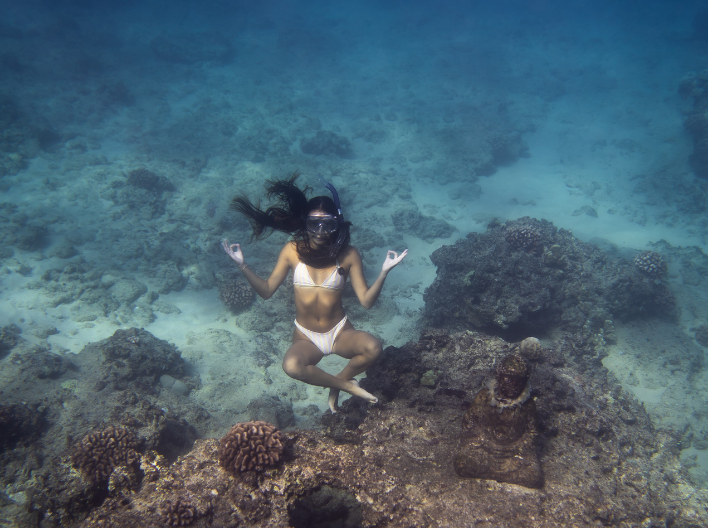
Why are coral reefs important?
Aside from being amongst the world’s most impressive natural wonders, healthy coral reefs are one of the most valuable ecosystems on Earth.
“Coral reefs are critically important to ocean biodiversity – and for the well-being of people. They are the most biodiverse habitats in the ocean, supporting a full quarter of all marine life and serving as irreplaceable nurseries for fish and other marine life, including sea stars, octopi and tiger sharks,” Aulani Wilhelm, SVP of Oceans at Conservation International explains. “They directly benefit human well-being by providing coastal protection (from wave and storm erosion), food security and livelihoods for millions; they are an engine for economies worldwide. Reef tourism accounts for more than 15% of GDP in at least 23 countries and territories. They hold cultural importance for many communities and even provide a wide range of essential medicines including those for the treatment of cancer, HIV and heart disease.” In the U.S alone, Coral reefs generate more than $3.4 billion in economic value. They do this by creating millions of jobs through tourism and fishing, feeding us and providing us with the means to live.
On top of that, healthy coral reef ecosystems provide us with vital environmental services. As the name “great barrier reef” implies, reef systems protect human lives and valuable coastal infrastructure, like hotels and roads, by shielding us from harsh weather and waves.
How SPF affects the coral reef
So, how does all this sunscreen end up in the ocean? Every time we apply SPF and take a shower or go for a swim, the sunscreen on our skin washes off and into our waterways. Chemicals found commonly in our sun creams like Oxybenzone and Benzophenone-1 have proven particularly harmful to marine life. Each year an estimated 14,000 tons of sunscreen ends up on the world’s reefs, causing irreparable damage. This threat to coral health comes at a time when the great barrier reef, the world’s largest coral reef system, is already suffering the consequences of climate change. These toxins accumulate in tissues and cause coral bleaching, damage to DNA, coral polyps, deformities in young corals, and even death. These chemicals can have adverse effects on a wide range of species, from dolphins to Sea Urchins to green algae.
Reef-safe sunscreen
Currently, there is no regulation for sun care brands that claim to be “reef-safe”, but generally, this means we won’t find reef harmful chemicals in their bottles. Although they do contain chemicals, physical sunscreens contain fewer synthetic preservatives and tend to be much less damaging to coral reefs. Making physical sunscreen our best option when we are looking to protect our oceans and our skin. The adage that we have to suffer for beauty should not extend to other living things around us. Brands like Ren and Caudalie are doing their part by offering us ocean-friendly options without sacrificing performance. Here are a few of our favourite “reef-safe” products :
| Drunk Elephant Umbra Sheer Physical Daily Defense SPF30 |
| Caudalie Anti-Wrinkle Face Suncare SPF50 |
| Coola Makeup Setting Spray Organic Sunscreen SPF 30 |
| Ultrasun Extreme SPF50+ |
All Ultrasun products are free-from any filters of concern making them reef-friendly, ocean and marine life safe, and therefore suitable worldwide including in Hawaii and Palau.
